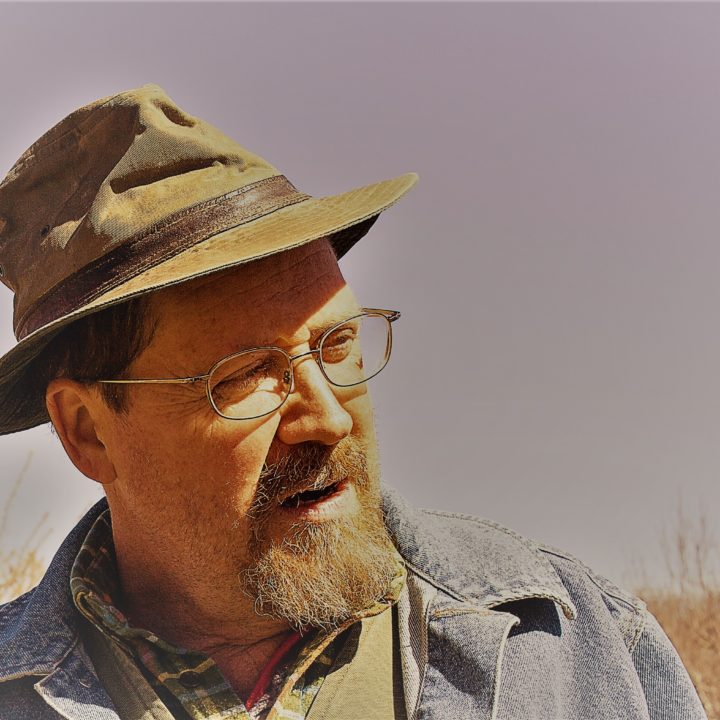“Dish-washing is my balm and poultice.”—Robert Mifflin in The Haunted Bookshop
The wind is up outside the windows of my cozy study this morning. I hear tin tumbling across the ground near the wood yard. Something has come loose during the night, hopefully not a roof.

A well-attached roof is an essential for living comfortably. But other than competent shelter, what else is really essential to a good life? The New York Times recently ran a lengthy article on a young couple’s travails in finding an apartment within their budget ($3000 a month) that had a dishwasher. The unchallenged assumption was that a dishwasher in an apartment was one of those essentials. Anything less, the writer implied, and the couple might as well return to medieval times.
One landlord told the couple that they didn’t need a dishwasher because New Yorkers liked to eat out. That a couple would choose to eat at home and hand-wash their dishes was a non-starter, perhaps even inconceivable, for this spoiled and entitled young couple.
More than a hundred years of consumer capitalism and the free labor of fossil fuels have left most of us ill-equipped to contemplate the essentials of life and the value of work. We as a society have used the largesse of cheap fuel to devalue community and extol the individual, warping in the process our relationship to the daily rhythms of work, to the degree that simple hygiene gets farmed out to an appliance.
Is the struggle to wash dishes really such an onerous chore? In the days when we owned a dishwasher, we put almost the same amount of energy into loading and unloading the machine as into hand-washing the dirty dishes ourselves. Doing dishes together, we have found 15 years into living sans dishwasher, is a great way to catch up on the day, to reconnect over a shared task.
As moderns, our definition of what is truly essential includes computers and smartphones and dishwashers. What is truly essential is now defined as anything that helps us avoid what we perceive as work. And adhering to that definition clouds our understanding of what we need, unsettles fundamentally our ability to truly know what we can do ourselves, promotes our abdication of control and authentic participation in exchange for accessories to purchase, whether labor or goods.
Our journey, living on a small farm, is not unusual; it is one on a well-worn path of reasserting some measure of control over production and community. During these past 16 years, we have learned to do more for ourselves and to more fully embrace the life that as a friend who grew up on a farm described as “Do it yourself or do without.”
This life on the farm has taught us to be more thoughtful on what is essential, to value more dearly the help of a neighbor and recognize the need to cultivate those relationships. We’ve discovered that physically building fences enhances the metaphorical sense of the same: it indeed makes good neighbors.
I dare say that the generations to come, in dealing with the decline of fossil fuels and the ravages of climate change, will not find the struggle to wash dishes nightly a mighty inconvenience. Indeed, they may find that the essentials of a satisfying life come from shared toil, the fulfillment of building something with their hands, or the freedom of doing without.
Reading this weekend: Resilient Agriculture: cultivating food systems for a changing climate by Laura Lengnick






